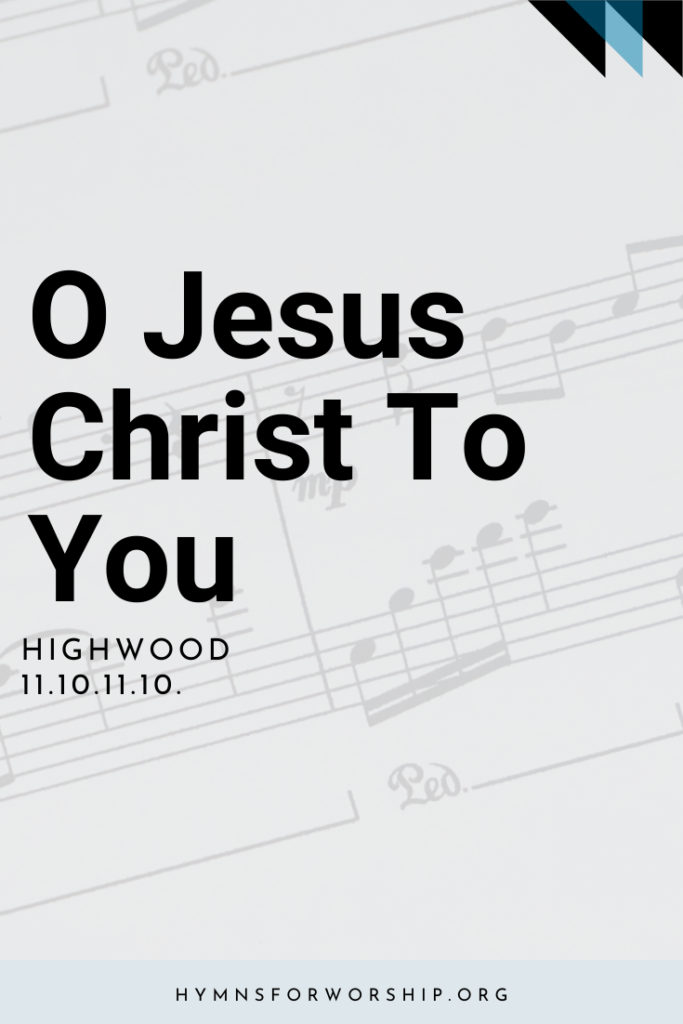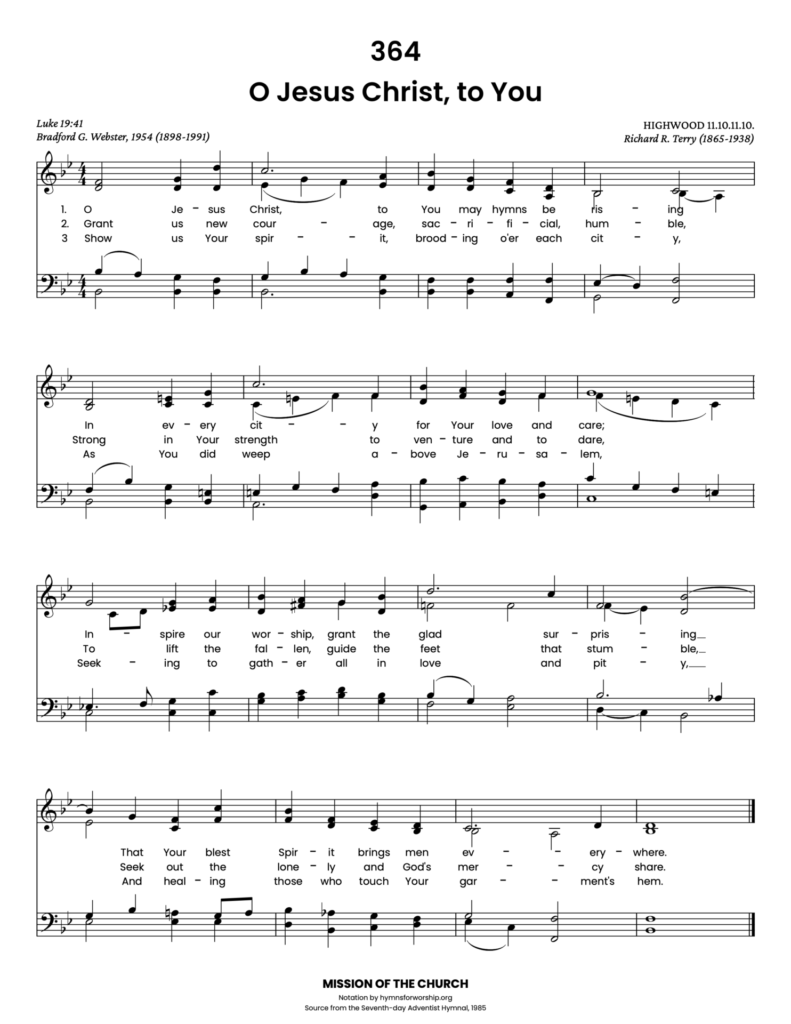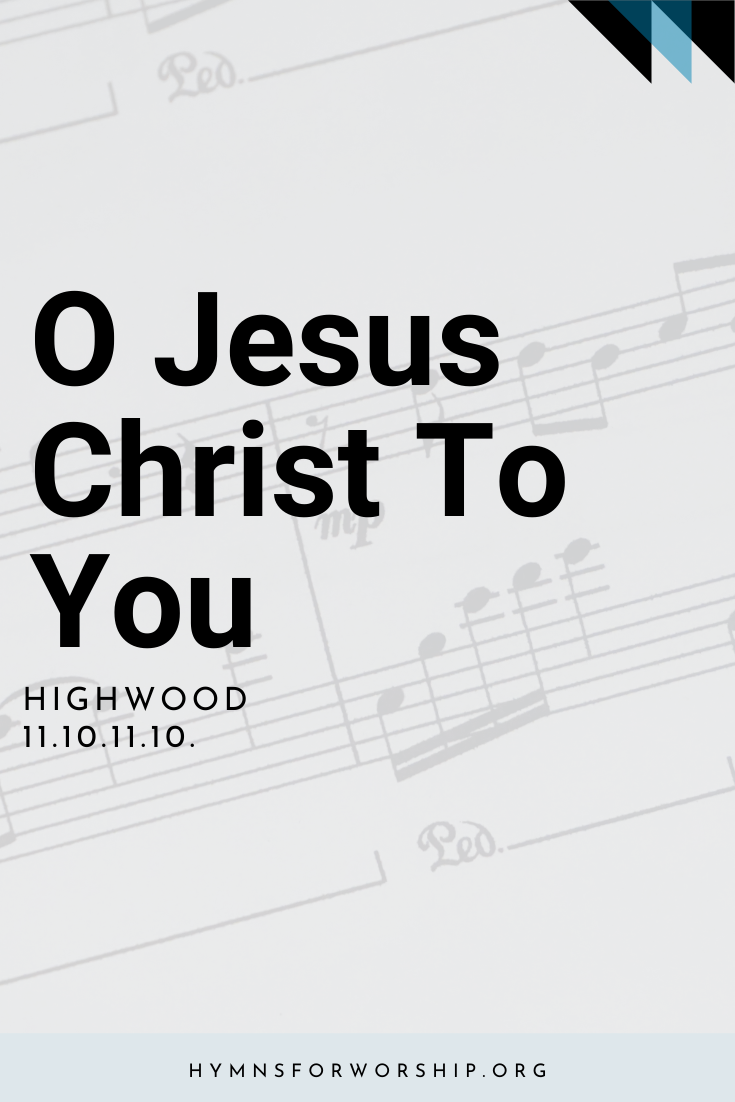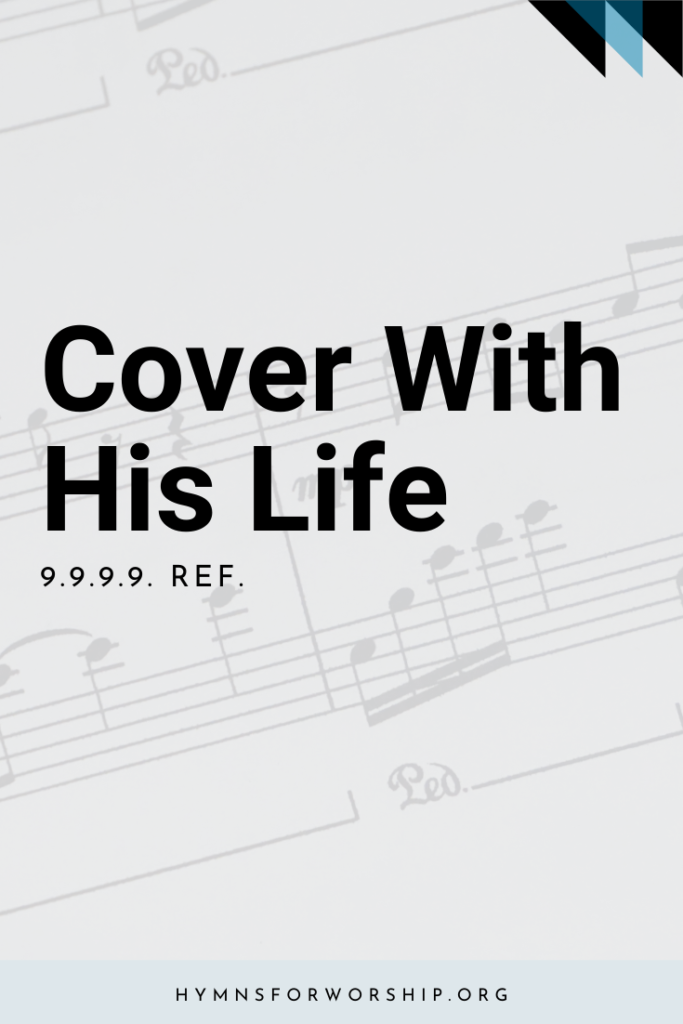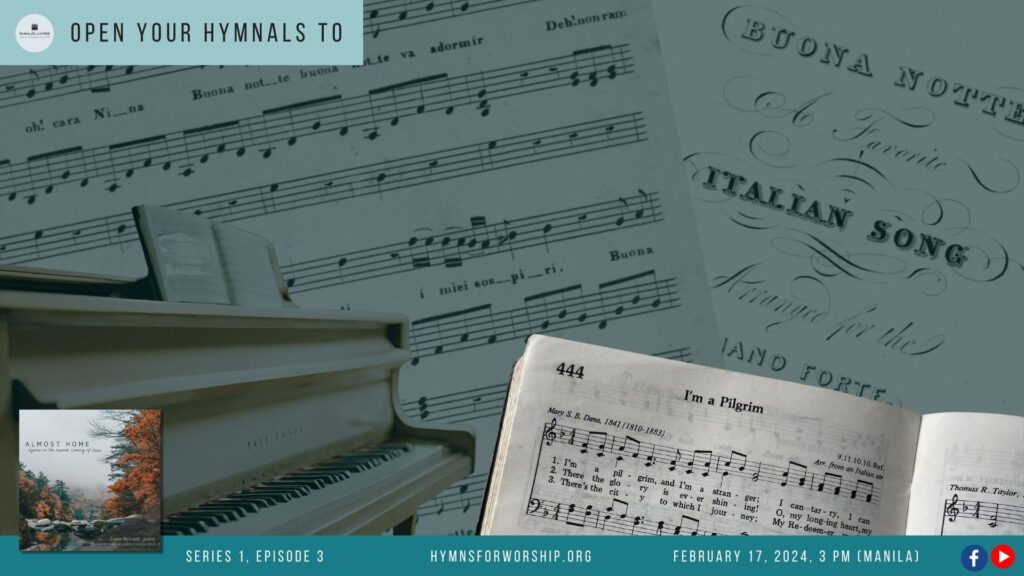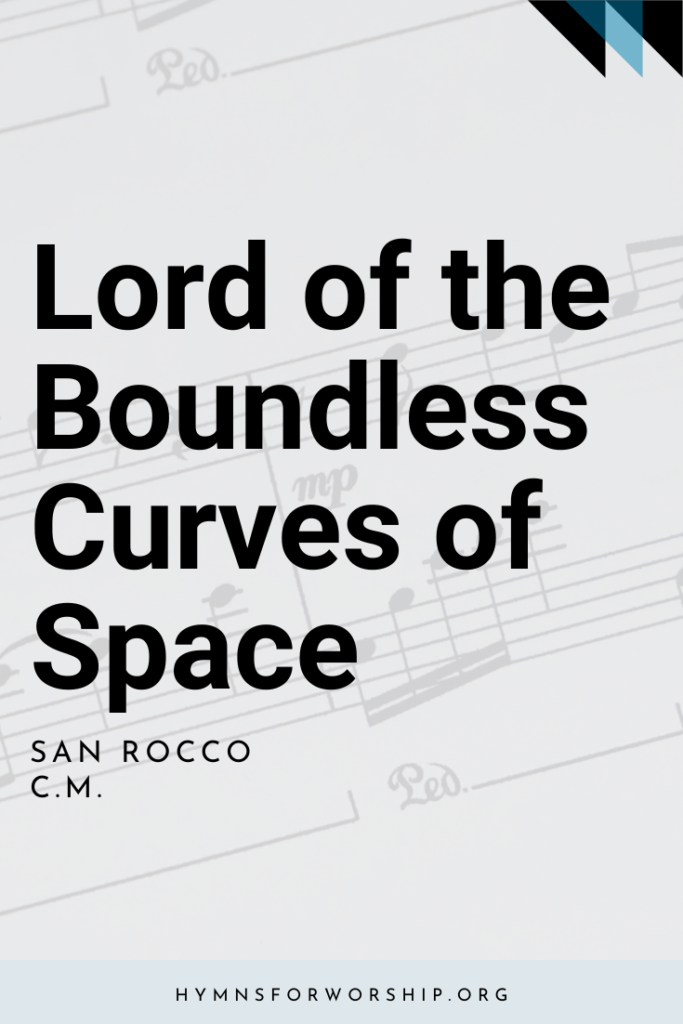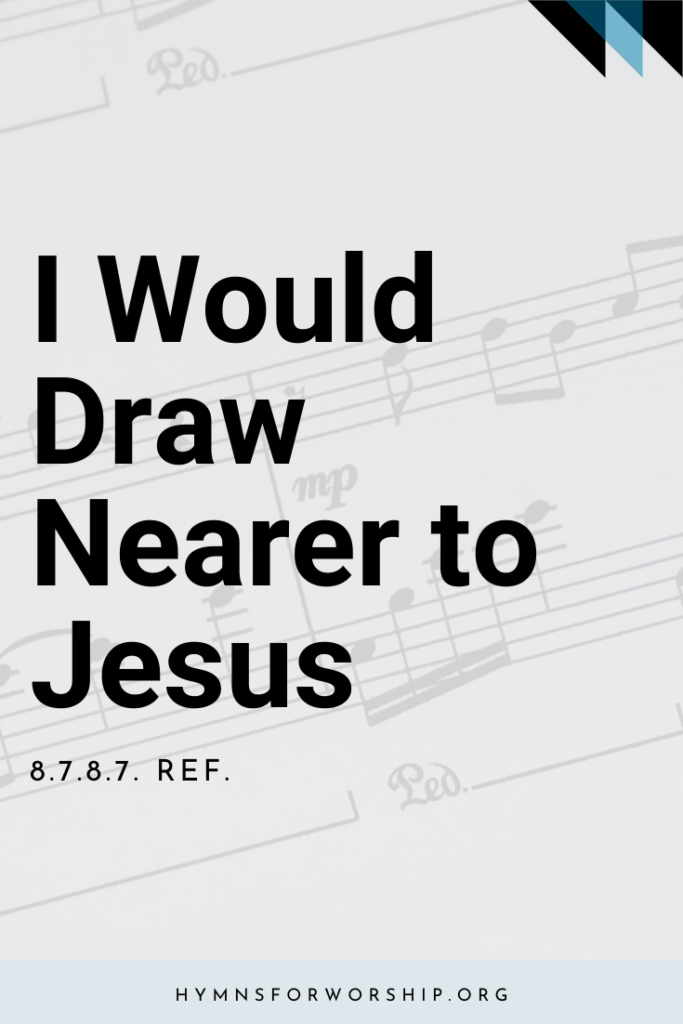Bradford G. Webster wrote this hymn for a contest conducted by the Hymn Society of America in 1954 to choose a hymn for the Urban Life Conference of the Methodist Church held in Columbus, Ohio. Of the more than 200 hymns submitted, this was the winning hymn, published by the society in Five New Hymns on the City, 1954. Since then it has been included in several major hymnals. When he wrote the hymn, the tune in mind was O PERFECT LOVE (see SDAH 656), but the 1972 supplement to the Methodist Book of Hymns, 1964, uses a contemporary tune by American composer Daniel Moe (1926- ), of Oberlin Conservatory of Music, Ohio. The hymn was sung by the Westminster Choir with Moe’s tune, CITY OF GOD, at the fiftieth anniversary celebration of the Hymn Society at St. Bartholomew’s Episcopal Church, New York.
As the great cities grow in size and in problems, the people of the church need to catch a new vision of the needs that must be met. In the awareness of the enormity of the church’s mission, there comes to mind Jesus on the Mount of Olives, and His concern for Jerusalem: “And when he was come near, he beheld the city, and wept over it.” (Luke 19:41).
Bradford Gray Webster was born October 30, 1898, in Syracuse, New York. He was educated at Amherst College, where one of his teachers was the American Poet Robert Frost. His theological training was at Boston University, and later, graduate work at Garrett Theological Seminary, Evanston, Illinois. He began his preaching and pastoral career in 1922 in the Methodist Central New York Conference. He served for 40 years in New York and Pennsylvania churches, retiring to his home in Bloomsburg, Pennsylvania, in 1964. A lifelong worker in the Boy Scouts, he has been active in service clubs and civic organizations, also. He has a life membership in the Hymn Society of America, and has written many hymns.
Webster wrote his text to go with the tune O PERFECT LOVE, while Richard Terry composed his tune HIGHWOOD with the text “O perfect Love, all human thought transcending,” by Dorothy Gurney (see SDAH 656), in mind! His uncle, Lord Runciman, suggested Webster write a tune for the occasion of marriage. The ecumenical Australia Hymn Book, 1982, uses HIGHWOOD with both Gurney’s text and this one.
Richard Runciman Terry was born on January 3, 1865, near the seashore at Ellington, Northumberland, England. He grow up in a home where musical friends came often to sing glees, madrigals, etc. At age 11 he was playing the organ in the weekday services of the church. It was here that he developed a lifelong fear of church bells. Ashe said, “In those days when they stopped, I knew the awful moment had arrived for the voluntary, and was invariably seized with stage fright.”
In 1888 he won a choral scholarship at King’s College, Cambridge, and studied under Sir Charles Stanford (see SDAH 32). After organist-choirmaster positions at St. John’s Cathedral, Antigua, for a year and then back to England at two schools, he became a Roman Catholic and was organist and choirmaster at Downside Abbey, near Bath, Somerset. In 1901 he was appointed director of music at the then unfinished Metropolitan Cathedral at Westminster in 1901, a post he held for 23 years.
He excelled as a choral director, and specialized in the performance of early church music. For a time he was a chairman of the Tudor Church Music Publications for the Carnegie Trust, and was the editor of the Westminster Hymnal, 1912, the first official hymnbook for Roman Catholic in England. Durham University honored him with a D. Mus in 1911, and he was knighted in 1922. He died April 18, 1938. Hilda Andrews, in her memoir of Sir Richard Terry, Westminster retrospect, says, “In the presentation of Tudor Music Terry brought his choir to a pitch of excellence that drew musicians from all over the world to hear the forgotten glories of sixteenth-century England translated into living use.”
